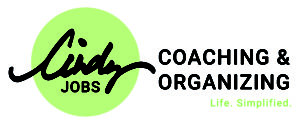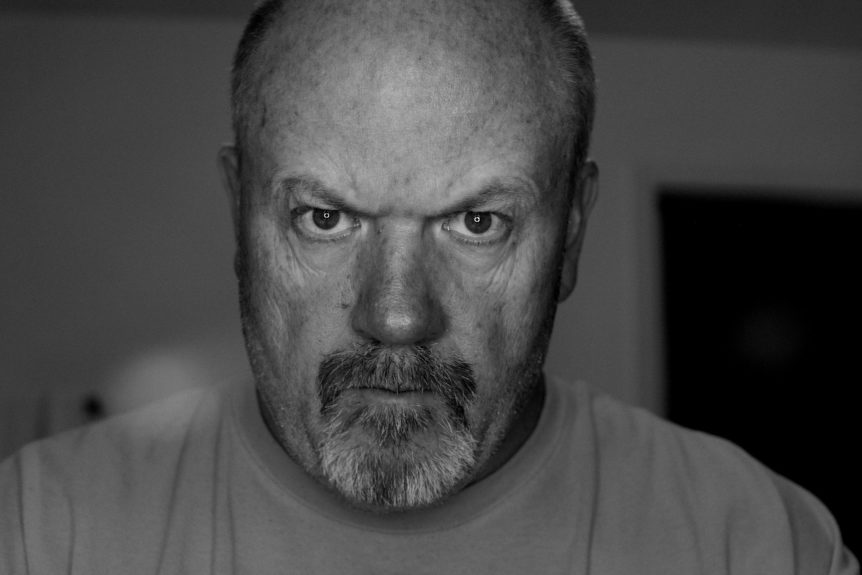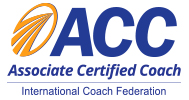The holidays present ample opportunities for us to get together with friends and family that we adore. And ample opportunity to be thrust into social situations with people that may cause us a bit of stress.
Being around people that push our buttons, so to speak, can be a challenge when all we want to do is enjoy the holiday spirit and festive gatherings.
If you find yourself in one of those challenging situations, here’s a little exercise you can try when you know you will be confronted with “Uncle John” (totally made up, I don’t even have an Uncle John) who, for some reason, gets on your every last nerve.
I went through this exercise myself at a recent networking event, and I was impressed with how effective it can be.
Side note: I wish I could take credit for this exercise, but the credit entirely goes to J’aime ona Pangaia.
The exercise boils down to analyzing your interactions with how “Uncle John” makes you feel with these four introspections, possibly gaining a new perspective on the relationship:
Introspective questions:
- What are the qualities or behaviors I don’t like in this person?
- What I value in myself, my good qualities that are opposite to their faults.
- How they see these qualities in themselves.
- How they criticize me and or the downside of my virtues.
How does it work? Let’s take a spin with “Uncle John.” I’ll use the numbers above to keep track of how this works.
Challenge #1: Conversations
- “Uncle John” dominates conversations.
- I value participation from everyone in the room.
- He feels like he has a lot to contribute and everyone should pay attention to him because what he says is essential.
- He would say I care too much about how others feel and am projecting my need for everyone to contribute on them. Could it be possible that I’m feeling insecure about my contributions?
Challenge #2: Helping out
- At family gatherings, “Uncle John” sits around and watches TV, indicting “it’s woman’s work” to prepare and clean up from meals.
- I believe it’s important that everyone contributes to the meal preparation and clean up. “Many hands make light work.”
- He thinks there are too many people in the kitchen and he doesn’t know what to do anyway, so why bother trying?
- He would say I’m making too much of a little thing, that I’m not valuing his other contributions, and that, in general, the women in the family do a better job at it anyway. Could it be possible that I’m projecting a more social generalization about the division of labor into this situation?
Challenge #3: Drinking
- “Uncle John” thinks there’s nothing wrong with “having a few” during family gatherings, sometimes creating a scene when he’s had too much to drink.
- I am relatively intolerant around alcohol, knowing how dangerous it can be and how drinking too much can destroy lives and relationships.
- He thinks he’s just having a good time, and it’s his right to loosen up with a drink or two as long as he’s not falling-down drunk.
- He would say I’m a prude and don’t know how to have any fun, that I need to loosen up a bit, and I’m a party kill-joy. Could it be possible that I’m projecting how someone previously made me feel while they were drunk and that I think the only way to control the situation is to criticize anyone that wants to have a drink?
How do these scenarios land with you? Can you see yourself or your perceptions in any of them? What can you do to prepare yourself for interactions with “Uncle John” this holiday season?
Cindy Jobs
Looking for more information?
Click here for ADHD-friendly Time Management Tools
Click here for 15-minute organizing tips.
Click here to schedule a complimentary breakthrough session.
For more helpful information, follow me on Facebook.



Attention Deficit Disorder Association
National Association of Productivity & Organizing Professionals
International Coach Federation
Institute for Challenging Disorganization
Level I Certificates earned in Chronic Disorganization; ADD; Client Administration; Time Management; Mental Health; and Hoarding.
Level II Specialist Certificates earned in Chronic Disorganization and ADHD.







